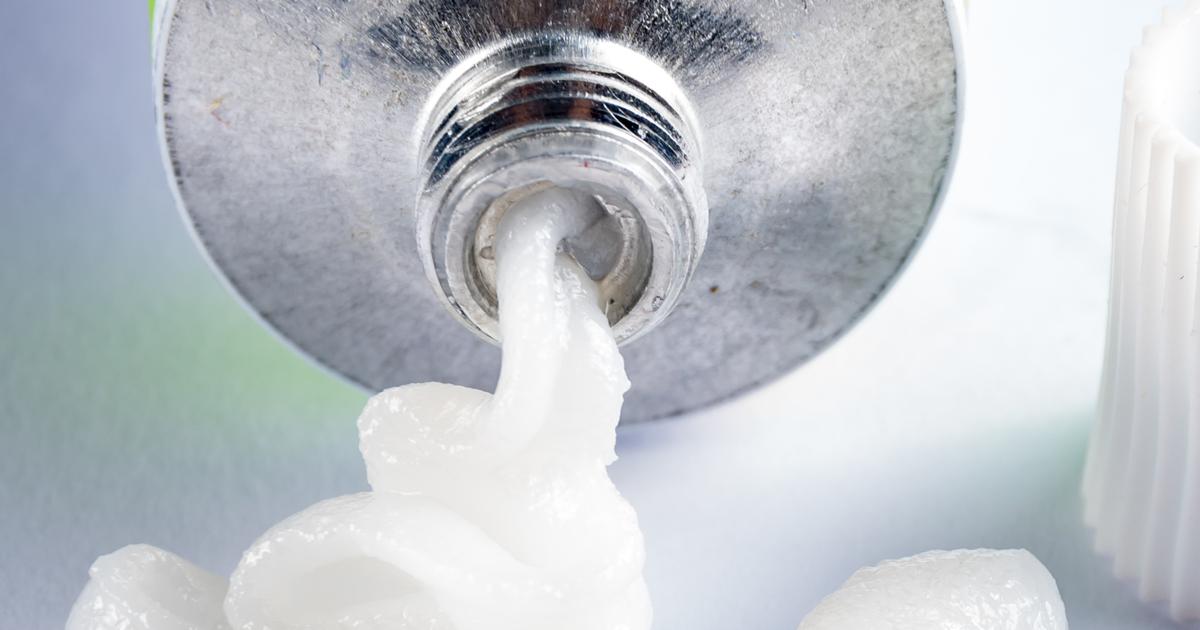Effective Ways To Treat Eczema
In the United States, approximately 31.6 million individuals live with eczema. There are several types, and all are classified as an inflammatory skin condition. The most common type is referred to as atopic dermatitis, accounting for about eighteen million eczema sufferers. In general, this condition causes the skin to become itchy and dry, and when scratched, clear fluid may weep from the skin. The skin is the body’s first line of defense, and eczema negatively impacts its integrity and puts an individual at a higher risk for bacterial, fungal, and viral skin infections. Due to this increased susceptibility, it is important to treat eczema as quickly and efficiently as possible.
Topical Medication

There are quite a few topical medications available, both over-the-counter and through a prescription from a doctor, that can treat eczema quite effectively. One such example is hydrocortisone cream, which is incredibly helpful at reducing the irritating inflammation and itching that accompany bouts of eczema. Other topical medications that can help with eczema include corticosteroids, topical calcineurin inhibitors, and PDE4 inhibitors. These medications seek to relieve the majority of the itching, rash, dryness, and redness associated with eczema.
Patients should only use topical medication on the areas affected by eczema and not as a moisturizer, since they can have side effects if overused. Furthermore, patients should follow their doctor’s directions regarding the use of topical medications to treat eczema.
